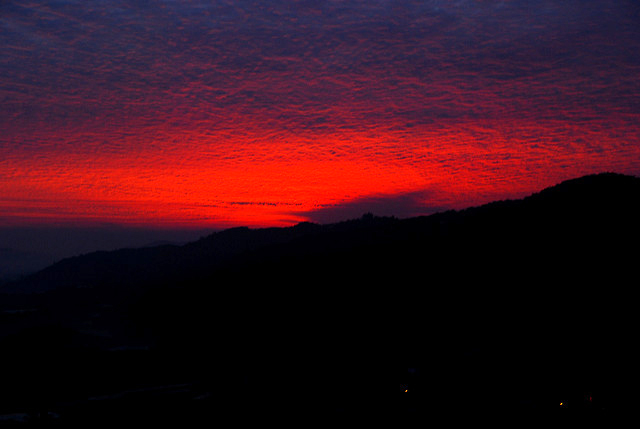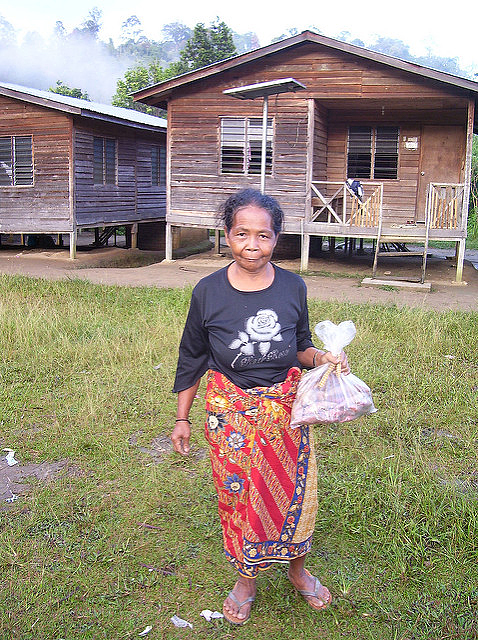A veteran Malaysian politician was unexpectedly stranded in an isolated Semai community in the Cameron Highlands on New Year’s Eve. The sense of being trapped fostered feelings of sympathy for the poverty of the Orang Asli.

According to one news report, Lim Kit Siang, a long-time leader of the Democratic Action Party (DAP), entered the Semai village on Saturday, December 29, intending to leave on Monday the 31st. The DAP is one of the four parties that formed a coalition and defeated the Barisan Nasional (BN) Party in national elections in May of 2018. An earlier news story in May had examined the negative feelings of the Semai themselves toward the BN rule for 60 years.
But on Monday, New Year’s Eve, the 77-year old politician and his party decided that their 12, four-wheel drive vehicles could not make it out to the nearest paved road due to heavy rains that had turned the dirt access track into a sea of mud. So he and his party decided to spend the night near a river in the Cameron Highlands.

According to another news story about the experience, Lim and the rest of the party greeted the New Year on Tuesday morning with a simple meal of sardines, rice, and an omelet. “This was my first experience in 77 years at being trapped at a place, cut off from all access to the outside world,” he said in a statement.
The track into the Semai village, Kampung Semoi Lama, required the party to drive through the strong currents of a river—an “unforgettable experience,” according to the politician. These two experiences at the end of 2018 illustrated the lapses of the former government, he said, which had failed during its 60 years in power to do much for the Orang Asli. But not one to miss a chance to try for political gains, he stated when he got out that his experiences had convinced him of the importance of working to uplift the different Orang Asli communities.

Lim said that it was time for the government to eliminate the isolation, backwardness, and poverty of the Semai and the other Orang Asli in the Cameron Highlands, something he felt the BN had not bothered to do. “It is a symbol that after six decades, the majority of Orang Asli communities are still cut off from the outside world when they should have already been brought into the mainstream of national development,” he said.
He proposed that a National Orang Asli Conference be convened in the Cameron Highlands to prepare a plan for uplifting their communities. Such a conference would allow people “who had bravely stood up for the country by being witnesses of truth, justice and democracy against bribery, money-politics and voter-threats in the Cameron Highlands”—i.e., who had voted against the BN—to prevail in future elections.